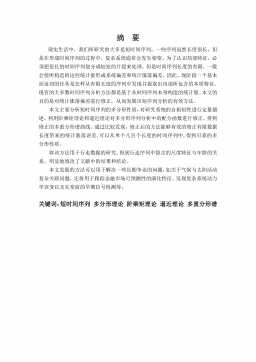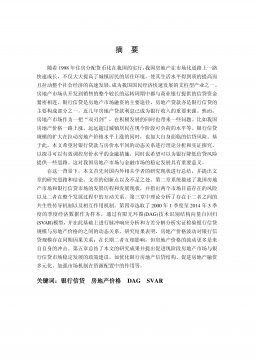市场经济环境下国企高管薪酬激励机制的研究
摘要十八大以来,国企高管薪酬改革成为了国家的一项重点工作,并先后审议通过了《中央管理企业负责人薪酬制度改革方案》,以调节国企高管不合理的偏高和过高收入。在改革的大环境下,媒体不断报出的国企高管不合理的过高和偏高薪酬,不断地冲击着人民公平的道德底线,引起社会的强烈不满。国企高管薪酬由于缺乏有效的市场化考核指标体系和激励机制,其水平的合理性一直是学术界争议的焦点和研究的重点。因此,确定有效的市场化高管薪酬考核指标,实施有效的内外部监督,明确高管付出努力取得的绩效水平,并在实际绩效水平基础上对高管进行合理的激励,是实现国企社会性和经济性目标的关键,也是学术研究的重点。本文在市场经济环境下,对我国国企...
相关推荐
-
上海市回民中学2022-2023学年(五四学制)六年级上学期期中语文试题(原卷版)VIP免费
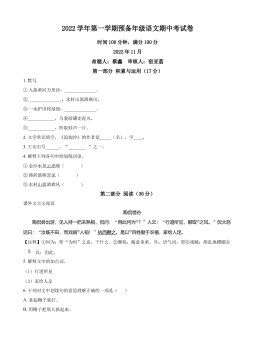
 2024-09-24 9
2024-09-24 9 -
上海市回民中学2022-2023学年(五四学制)六年级上学期期中语文试题(解析版)VIP免费

 2024-09-24 8
2024-09-24 8 -
上海市黄浦区2022-2023学年(五四学制)六年级上学期期中语文试题(原卷版)VIP免费

 2024-09-24 7
2024-09-24 7 -
上海市黄浦区2022-2023学年(五四学制)六年级上学期期中语文试题(解析版)VIP免费
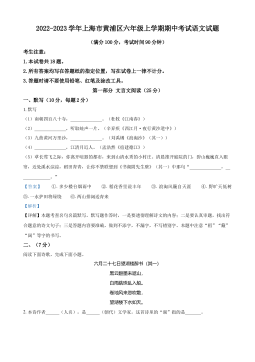
 2024-09-24 7
2024-09-24 7 -
上海市长宁区2020-2021学年六年级上学期期末语文试题(原卷版)VIP免费
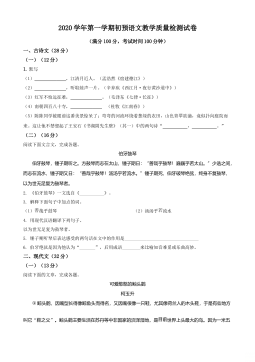
 2024-09-30 8
2024-09-30 8 -
上海市长宁区2020-2021学年六年级上学期期末语文试题(解析版)VIP免费
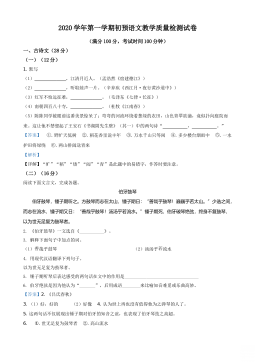
 2024-09-30 9
2024-09-30 9 -
上海市杨浦区2020-2021学年六年级上学期期末语文试题(原卷版)VIP免费
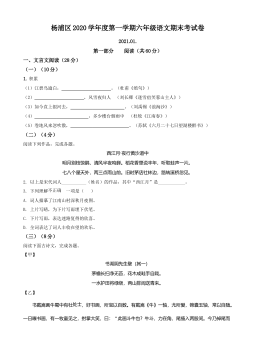
 2024-09-30 7
2024-09-30 7 -
上海市杨浦区2020-2021学年六年级上学期期末语文试题(解析版)VIP免费
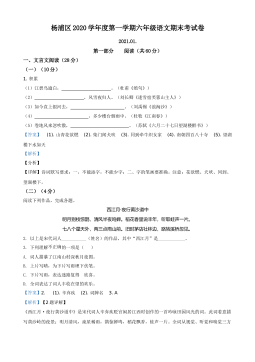
 2024-09-30 10
2024-09-30 10 -
上海市徐汇中学2020-2021学年六年级(五四学制)上学期12月月考语文试题(原卷版)VIP免费
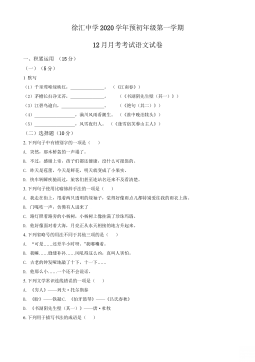
 2024-09-30 7
2024-09-30 7 -
上海市徐汇中学2020-2021学年六年级(五四学制)上学期12月月考语文试题(解析版)VIP免费
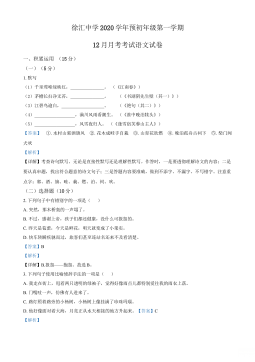
 2024-09-30 8
2024-09-30 8
相关内容
-
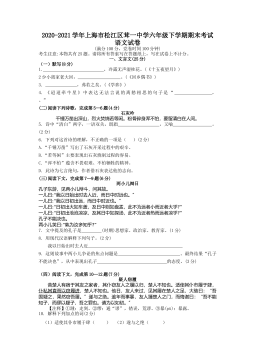
上海市松江区2020-2021学年六年级下学期期末考试语文试卷
分类:中小学教育资料
时间:2024-09-30
标签:无
格式:DOCX
价格:5 积分
-
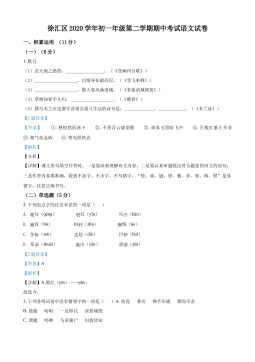
上海市徐汇区2019-2020学年六年级(五四学制)下学期期中语文试题(解析版)
分类:中小学教育资料
时间:2024-09-30
标签:无
格式:DOCX
价格:5 积分
-
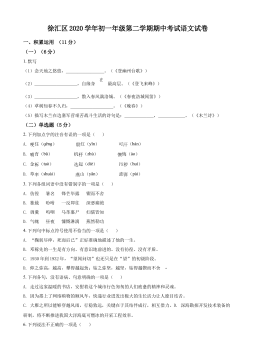
上海市徐汇区2019-2020学年六年级(五四学制)下学期期中语文试题(原卷版)
分类:中小学教育资料
时间:2024-09-30
标签:无
格式:DOCX
价格:5 积分
-
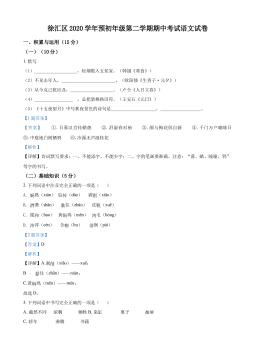
上海市徐汇区2020-2021学年(五四学制)六年级下学期期中语文试题(解析版)
分类:中小学教育资料
时间:2024-09-30
标签:无
格式:DOCX
价格:5 积分
-
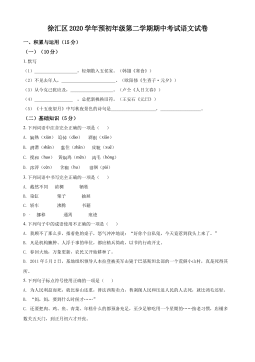
上海市徐汇区2020-2021学年(五四学制)六年级下学期期中语文试题(原卷版)
分类:中小学教育资料
时间:2024-09-30
标签:无
格式:DOCX
价格:5 积分


